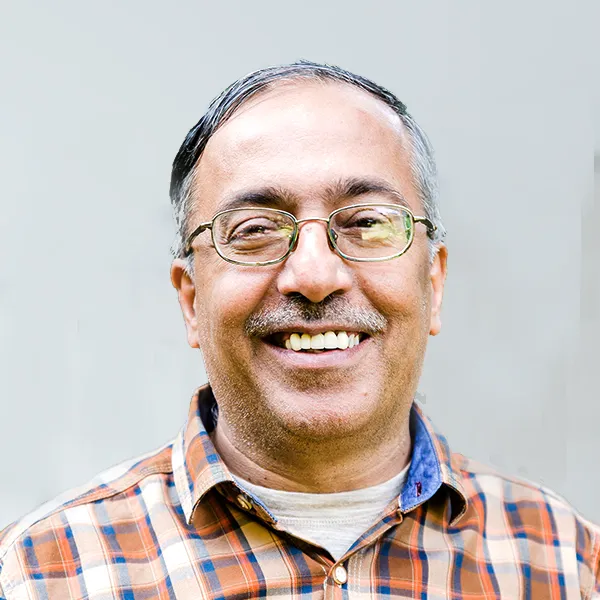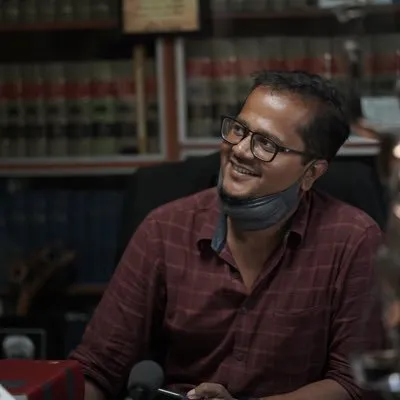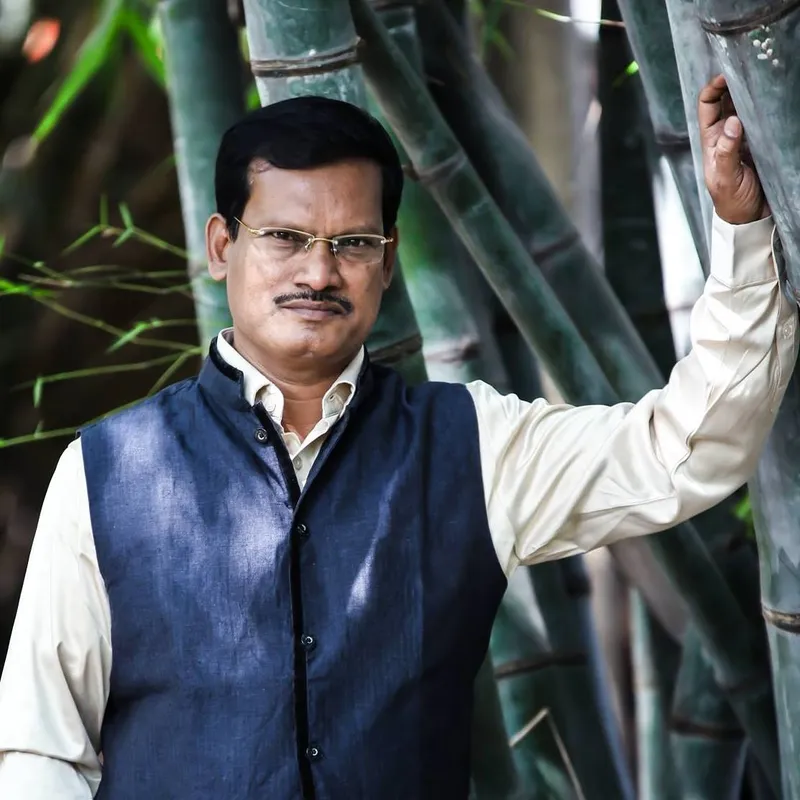Being part of change: Meet 3 men helping create a gender-just world
This International Women’s Day, we speak to men who don’t just identify as feminists but have been working to advance women’s equality and empowerment through their work.
India has a rich history of feminism. From the mid-19th century when women started pushing back against sexist customs and started advocating for education and the Indian independence movement when nationalism drove women to build organisations for women’s rights, to the post-independence era when women started stepping out and going to work—there has been gradual yet certain progress.
However, patriarchy has always been a major influence in how the society shapes women’s role in India.
A society cannot achieve gender equality unless men become not just a part of, but also the reason for change. The ‘contemporary’ feminist movement in India began with a powerful wave of activism in the late 1970s that focused on issues of sexual violence against women. From then to now, the role of men as co-creators of a gender-just society has been undeniable, say experts.
On International Women’s Day, HerStory spoke to men who identify themselves as feminists—both at home and in the society—and how they are affecting change.
Harish Sadani
For women-rights activist Harish Sadani, men who stand up for women's rights can’t call themselves ‘feminists’ without first addressing their own privilege and power in society.

Harish Sadani, Co-founder and Chief Functionary, Men Against Violence and Abuse
“Working with women and gender minorities, and the transformation of men in positions of power and privilege are not mutually exclusive,” he tells HerStory.
Sadani is the Co-founder and Chief Functionary of the non-profit Men Against Violence and Abuse, which has been mentoring adolescent boys and young men across India over the last three decades. It educates them on how to approach healthy relationships, masculinity, and sexuality in conversation with peers using out-of-the-box methods.
“Our work has been focused on educating boys and men on understanding our role in perpetuating inequality, violence, and oppression of women and gender minorities, and reforming it,” he notes.
Sadani also holds training sessions for corporates, universities, colleges, and NGOs on the prevention of sexual harassment and gender-related issues. He also highlights that to address gender-based and sexual violence against women, men need to be viewed as not just part of the problem but also the solution. One of the key ways to do this is to change years of conditioning by educating and sensitising young men, and approaching gender as a social construct which is subject to change.
“So, if you don’t take in those men who are sensitive and strategic to the change, their potential to become allies is greatly reduced,” says Sadani, who is also working with UN Women and the UN Population Fund to build capacities.
Another reason why it’s important to work with men is that they hold unequal power in relationships in a patriarchal society. “In the five major sub-systems of family, religion, education, governance, and media, power is largely vested among men,” says Sadani.
To affect change, it is crucial that men see the impact of rigid gender roles on themselves. “Dismantling hierarchies, toxic masculinity and our inability to change with the times, are paramount to our own growth as men and the society as a whole.”
Gautham Ramachandran
Filmmaker Gautham Ramachandran approachegenders justice through a legal lens. As a student of law, his film language comes from his exposure to the nature and pervasiveness of crimes, particularly those against women.

Gautham Ramachandran, Filmmaker
“The people who are fighting for the safety of women remain the same over the years. They are the same lawyers, activists and researchers. To expand this tribe, education, crime and punishment need to be reevaluated in the country,” he notes.
In his directorial debut with the 2022 film Gargi, Ramachandran explores the complexities of both the perpetrator and victim of gender-based violence, and how women at every step bear the brunt of these injustices, as preys, family members and citizens. The critically acclaimed film navigates how trauma plays out in sexual crimes, affecting everyone involved.
The movie also offers hope and aspires for women—at every level and role—to unite against sexual violence. Ramachandran wanted to explore the subject through the lens of not just a woman but her role as a daughter, sister, and a teacher, whose job it is to inspire young minds.
“The role of culture, upbringing, and awareness-building within the larger public must be taken a lot more seriously,” he says.
Anurachalam Muruganantham
Best known as the inventor of the low-cost sanitary pad-making machine, Anurachalam Muruganantham is credited for generating awareness about unhygienic practices around menstruation in rural India, especially Tamil Nadu. The social entrepreneur’s mini-machines can manufacture sanitary pads for less than a third of the cost of commercial pads. They are being used in the rural areas of 23 states across India.

Arunachalam Muruganantham, social entrepreneur
Muruganantham understood the complexities of the female body and the lack of access to menstrual health when his wife was on her menstrual cycle and couldn’t find hygienic alternatives to sanitary pads in Coimbatore due to poverty. When he came up with alternatives, he faced stiff resistance from women in his village owing to the stigma and shame surrounding menstruation.
He went from village to village in his quest to understand the taboo around menstruation and found that women were using rags, newspapers, sawdust, and even dried tree leaves and ash for sanitary hygiene.
“If you want the country to develop, the first people to be empowered in that direction are our women. A country whose women are suffering will remain underdeveloped,” says Muruganantham.
He took the challenge of creating this change even when his wife and mother left his side owing to humiliation they faced for his work on menstrual health. Through his invention, he broke several barriers—most importantly, the lack of discourse around menstruation in rural India which, he says, is the first step to removing the morality and control surrounding female bodies.
Edited by Kanishk Singh







